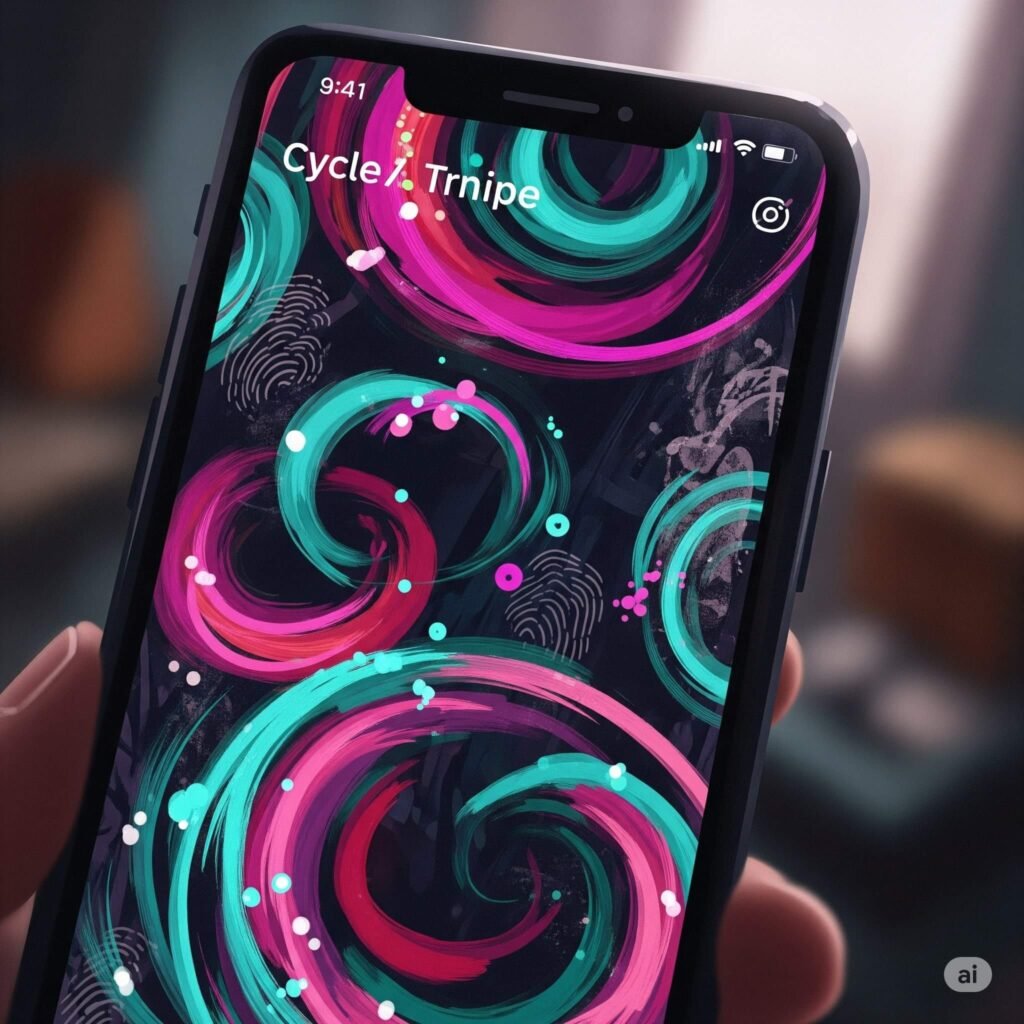
Women’s birth control is, like, totally shaking things up, and I’m sitting here in my tiny Brooklyn apartment, surrounded by empty coffee mugs and a dying plant I swore I’d water. The air smells like burnt toast (yep, I forgot the timer again), and I’m just trying to process how contraception is getting so… futuristic. I’m no doctor, just a gal who’s had her share of fumbles with pills and patches, but I’m jazzed about where this is going. Like, seriously, the future of birth control is giving me hope, even if it’s a little overwhelming. Let’s talk about it, okay?
Why I’m Kinda Obsessed with Women’s Birth Control
A few years back, I was at this pharmacy in Queens, totally panicking because I’d lost my birth control prescription. The pharmacist gave me this look, like, “Girl, really?” It was so embarrassing, but it got me thinking—why is contraception such a hassle? Now, I’m reading about all this crazy new stuff, like smart implants you control with your phone, apps that know your cycle better than you do, and non-hormonal options that don’t make you cry over spilled coffee. The future of women’s birth control is legit empowering, but it’s also a lot to take in, you know?
Here’s what’s got me excited:
- Smart implants: These tiny things you barely feel, and you can tweak them with an app. I saw something about them on Healthline—wild!
- Non-hormonal stuff: Copper IUDs are old-school, but new gels and barriers are coming, according to Planned Parenthood.
- Cycle apps: Apps like Clue are getting so good at tracking your fertile days, it’s almost creepy.

Image Details: This is like my late-night vibe, sprawled on my couch, scrolling through my cycle app like it’s my job. The impressionistic style feels like my blurry, tired eyes, and the pinks and teals are fun but kinda chaotic, just like me.
My Cringe-Worthy Birth Control Stories
Okay, real talk—I’ve had some rough moments with birth control. Like, there was this one time I tried the patch, and it straight-up fell off during a yoga class in Manhattan. I’m in downward dog, sweating, and there’s this sticky square just chilling on the mat. I wanted to die. It made me realize women’s birth control needs to be easier, because we’re out here living our messy lives. The future of contraception looks like it’s finally getting that—devices that stay put, apps that don’t crash, and options that don’t turn you into an emotional wreck.
I’ve also learned my body doesn’t vibe with every method. The pill? Tried it for years, but the mood swings were intense. I legit cried over a dropped bagel in a Williamsburg deli once—true story. Now I’m curious about non-hormonal stuff, like those new gels on WebMD. They’re not perfect, but the idea of birth control that doesn’t mess with my head? I’m here for it.
What’s Coming for Women’s Reproductive Health?
The future of women’s birth control isn’t just about fancy tech—it’s about having choices. I’m sitting here, staring at my sad succulent (sorry, buddy), thinking how cool it is that we’re getting options that fit our lives. Back in the day, it was like, “Here’s a pill, deal with it.” Now, we’ve got stuff that feels made for us. But, ugh, it’s not all perfect. Access is still a problem—some of these new methods cost a fortune, and not every clinic has them. I checked Guttmacher Institute, and it’s crazy: about 20% of women in the US still can’t easily get contraception. That’s gotta change.
Here’s what I’m hoping for:
- Cheaper options: Cool tech is great, but I’m not trying to go broke for a smart implant.
- Better info: I wish someone had explained all my reproductive choices when I was younger, not just handed me a script.
- Personalized vibes: Women’s birth control should feel like it’s designed for you, not some generic solution.

Image Details: This feels like me and my friends gossiping about contraception over fries at a diner. The retro vibe is nostalgic, like I’m thinking about how far we’ve come, but the humor keeps it real, like we’re laughing at our own dumb stories.
My Birth Control Fails and What I Learned
I’ve messed up with birth control so many times, it’s almost funny. Forgotten pills, misread instructions, even trusted a shady app once that swore I was “good” (spoiler: I was not good). But those screw-ups taught me to ask questions, dig into research, and not be shy with my doctor. The future of women’s reproductive health is exciting, but it’s on us to stay curious. I’m still figuring it out, and I’m okay with that, even if it means admitting I’m a hot mess sometimes.
My advice? Talk to your doctor, but also your friends. I’ve learned way more about birth control options from late-night chats than from any brochure. And if you want the real scoop, sites like Bedsider have solid info without the fluff.
Wrapping Up This Birth Control Rant
So, yeah, I’m sitting here, coffee cold, thinking about how women’s birth control is changing everything. It’s not perfect—access and cost are still a pain—but it feels like we’re finally getting tools to own our reproductive choices. I’m pumped, a little nervous, and just happy to be in a time where contraception is starting to fit us. What do you think? Got a go-to method or a story as awkward as mine? Share it with your crew or drop a comment—talking about this stuff is how we figure it out.
Call-to-Action: Wanna know more about women’s birth control? Check out Bedsider or Planned Parenthood, and get chatting with your friends. It’s the best way to learn, trust me.

Image Details: This is my life—messy desk, half-drunk coffee, endless questions about birth control. The photorealistic style feels raw, like I’m letting you into my world, and the bittersweet vibe captures my mix of excitement and frustration
Outbound Links:-
- Gates Foundation: New Contraceptive Technologies
- National Women’s Law Center: Birth Control Under Threat
- People Who Rely on Birth Control for Health Conditions Worry About Access
































